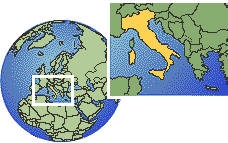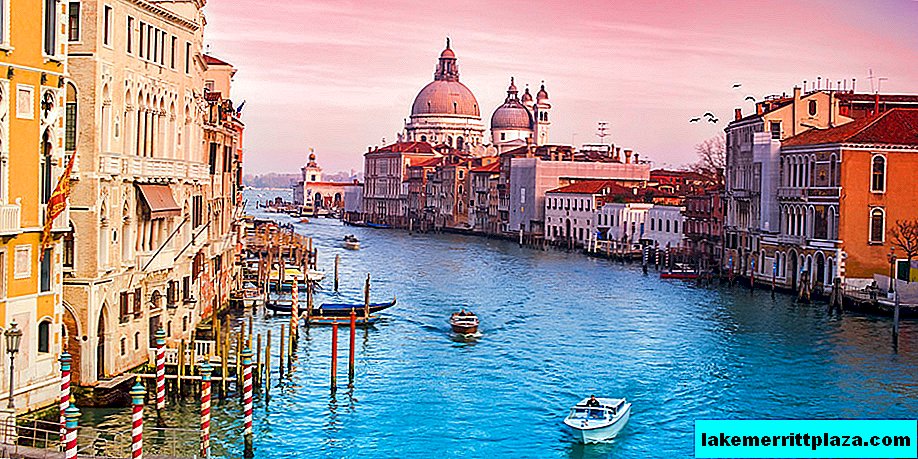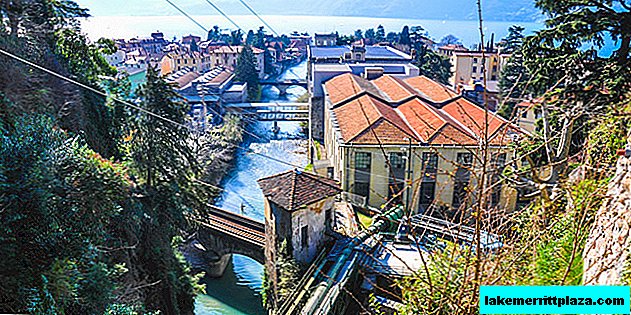The authorities of the satellite city of Rome signed a decree allowing, for a fee, to hold an official wedding ceremony on the seashore or in a tourist estate. In Rome, marriage will be possible at the Olympic Stadium or in Villa Borghese Park
The long-awaited "yes" by the sea or in the middle of the park, in an ancient castle or in a tourist estate: from June 3, 2014 in the commune of Fiumicino it became possible to hold a civil marriage ceremony anywhere in the city, and not just in specialized institutions. A few days earlier, a similar decree was signed in Rome, which included the development of a regulation defining places in the city in addition to the red hall in Campidoglio and the wedding hall of Tempietto di Caracalla, where marriages could be made. This will be an extensive list, including public and private areas, including the Appia Antica villas, the famous Villa Borghese park and the Olympic Stadium.

Until that moment, the newlyweds did not have such an opportunity due to the restrictive article 106 of the civil code, prohibiting citizens from holding public holidays. But after the appeal of the Minister of Internal Affairs and its consideration by the Council of Ministers, an agreement was adopted on a freer interpretation of the article and its correlation with social realities. Now Italians are allowed to hold a civil wedding ceremony in places open to the public: on beaches, in parks, in places of historical significance. However, before the owners of these parks, beaches, tourist estates and ancient castles must submit an application to the public service to include them in the list of places allowed for weddings. In addition to the statement, owners should provide officials with information on the availability of an area of at least 25 m2
The cost of holding such a wedding varies from 500 euros for permanent residents of the Fiumicino commune to 1000 euros for visitors. At the same time, marriage in the central city registry office remains free for Italians.
Fiumicino Mayor Esterino Montino comments on the new situation: “We are one of the first communes in Lazio, and perhaps throughout Italy, to sign such an important decree that will significantly affect tourism in the region. We specifically sought to avoid lengthy bureaucratic procedures and reduced them to a minimum. By the end of June we plan to hold the first wedding ceremonies on our beautiful beaches. And we expect that the number of requests for weddings will now double. "








